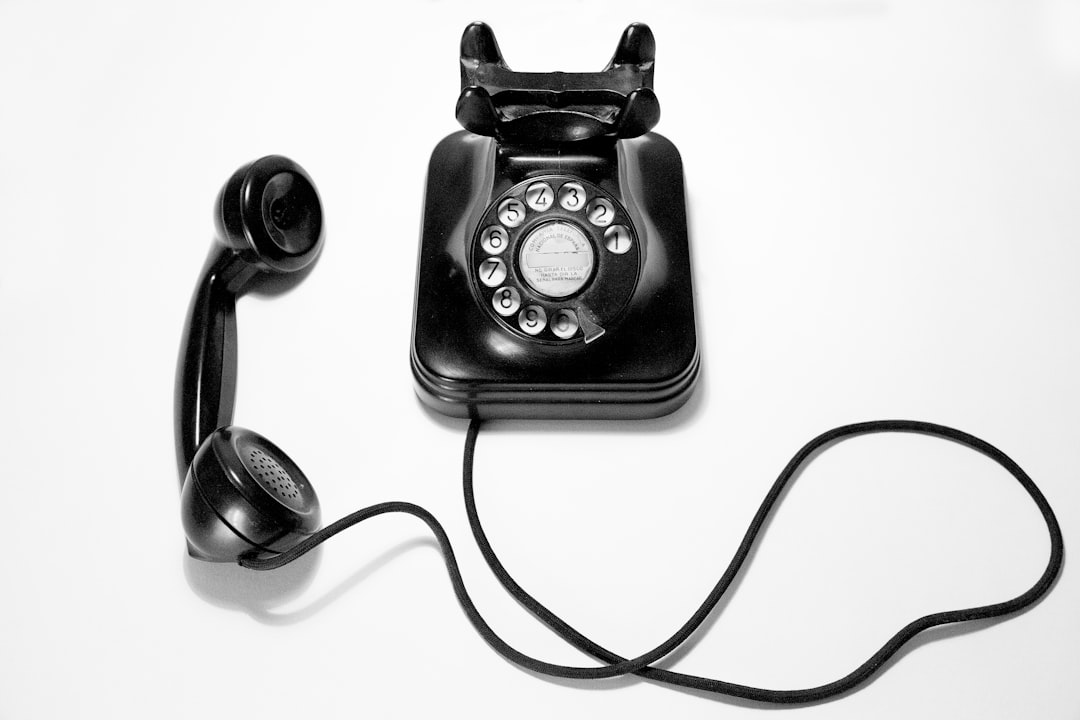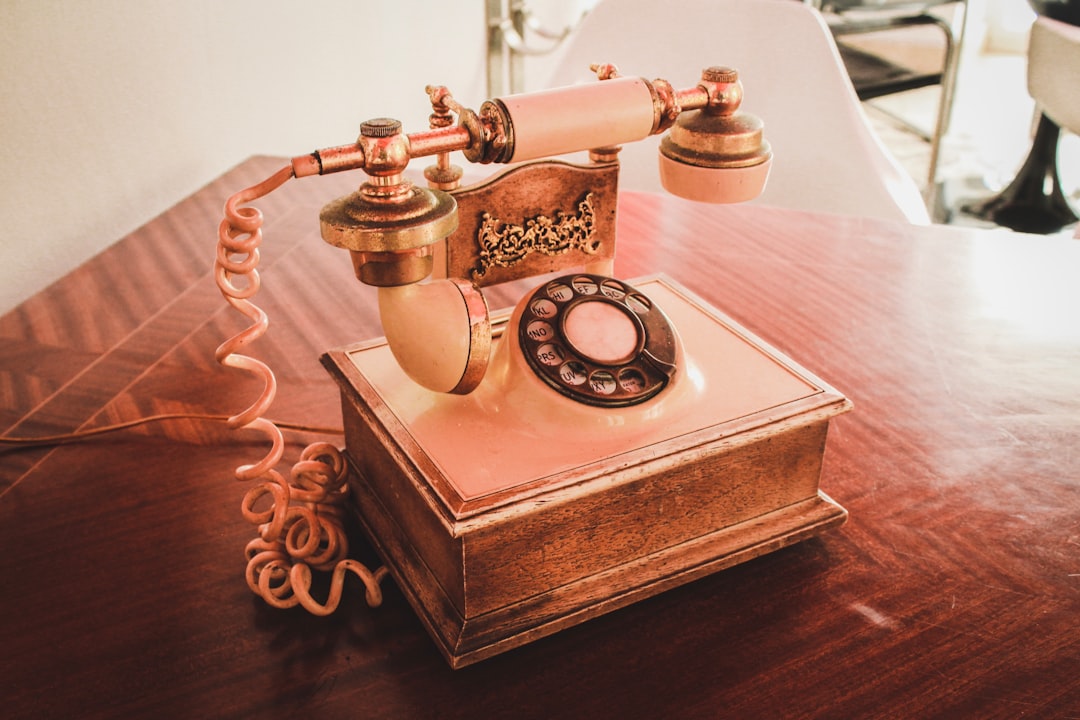In Virginia, with growing concerns over robocalls and automated telemarketing, residents benefit from strict local laws protecting against nuisance calls. Individuals facing excessive or deceptive calling can file FCC complaints, sue responsible companies with help from a specialized lawyer for robocall laws Virginia, and use blocking apps like CallHustle, TrueCall, or NoRobo as a first defense. Understanding your rights under state law, documenting call details, and taking measures like blocking numbers are crucial; persistent or fraudulent calls may require legal action with a specialist.
Tired of incessant robocalls? You’re not alone. These automated calls, often illegal, are a growing nuisance. In Virginia, state laws offer protection against unsolicited calls. If you’ve exhausted do-not-call lists and traditional blocking methods, consider downloading one of the top-rated robocall-blocking apps available for VA residents. This article guides you through understanding your rights, exploring legal options, and reviewing the most effective apps to reclaim your peace of mind from intrusive robocalls. Contact a lawyer specializing in Virginia’s robocall laws for further assistance if needed.
Understanding Robocalls and Virginia Laws

Robocalls, automated phone calls from computers or other devices, have become a widespread nuisance in today’s digital era. While many legitimate businesses use robocall technology to reach potential customers, malicious actors often abuse this method to make unsolicited and unwanted calls, known as “nuisance calls.” In Virginia, laws protect residents from these intrusive practices.
In terms of legal protections, Virginia has implemented strict regulations regarding robocalls and telemarketing activities. A lawyer for robocall laws in Virginia can provide valuable insights into navigating these rules. The state’s legislation aims to curb excessive or deceptive calling by setting limits on when and how businesses can contact consumers. Understanding these laws is crucial as they vary significantly from federal regulations, ensuring residents have additional safeguards against nuisance calls.
Legal Options Against Nuisance Calls

In the face of persistent nuisance calls, individuals in Virginia have legal avenues to protect themselves. The Telephone Consumer Protection Act (TCPA) is a federal law designed to curb unwanted telemarketing and robocall activities. It restricts companies from making automated calls to phone numbers on the Do Not Call Registry without prior consent. Those who receive excessive or inappropriate robocalls may file complaints with the Federal Communications Commission (FCC).
If a Virginia resident feels their rights have been violated, consulting with a lawyer specializing in robocall laws can be beneficial. Legal experts can guide individuals through the process of suing companies responsible for nuisance calls, seeking damages and injunctive relief to stop future harassment. Such legal actions not only protect personal privacy but also contribute to deterring businesses from engaging in unsolicited call practices.
Top Robocall Blocking Apps in VA

In Virginia, where nuisance calls can be a significant issue, several robust robocall blocking apps have emerged as powerful tools to reclaim your peace of mind. These applications are designed to identify and block automated phone calls, ensuring that your personal or business line remains free from unwanted marketing messages.
Some of the top-rated options include CallHustle, TrueCall, and NoRobo. Each offers advanced call screening and blocking features, often with additional benefits like caller ID, automatic hangups, and customizable filtering. For those seeking legal recourse against persistent robocallers, these apps can serve as a first line of defense, complementing the services of a lawyer for robocall laws in Virginia who can provide specialized guidance and representation when needed.
Protecting Your Rights: What to Do Next

If you’ve been a victim of nuisance calls in Virginia, knowing your rights is the first step to taking action. According to state laws, unauthorized automated or prerecorded telephone messages are prohibited, especially if they’re used for telemarketing purposes. If you receive such calls, document the details—time, date, caller ID, and any specific marketing claims made—as this evidence can be crucial when filing a complaint with the Federal Communications Commission (FCC) or seeking legal counsel from a Virginia robocall lawyer.
When dealing with persistent nuisance calls, consider blocking numbers using your phone’s settings, registering on the National Do Not Call Registry, or downloading apps designed to curb such calls. However, if the calls continue or involve scams and fraud, consult a legal professional specializing in robocall laws in Virginia. They can guide you through filing a lawsuit against the offending companies, seeking damages for invasion of privacy and related harms.






